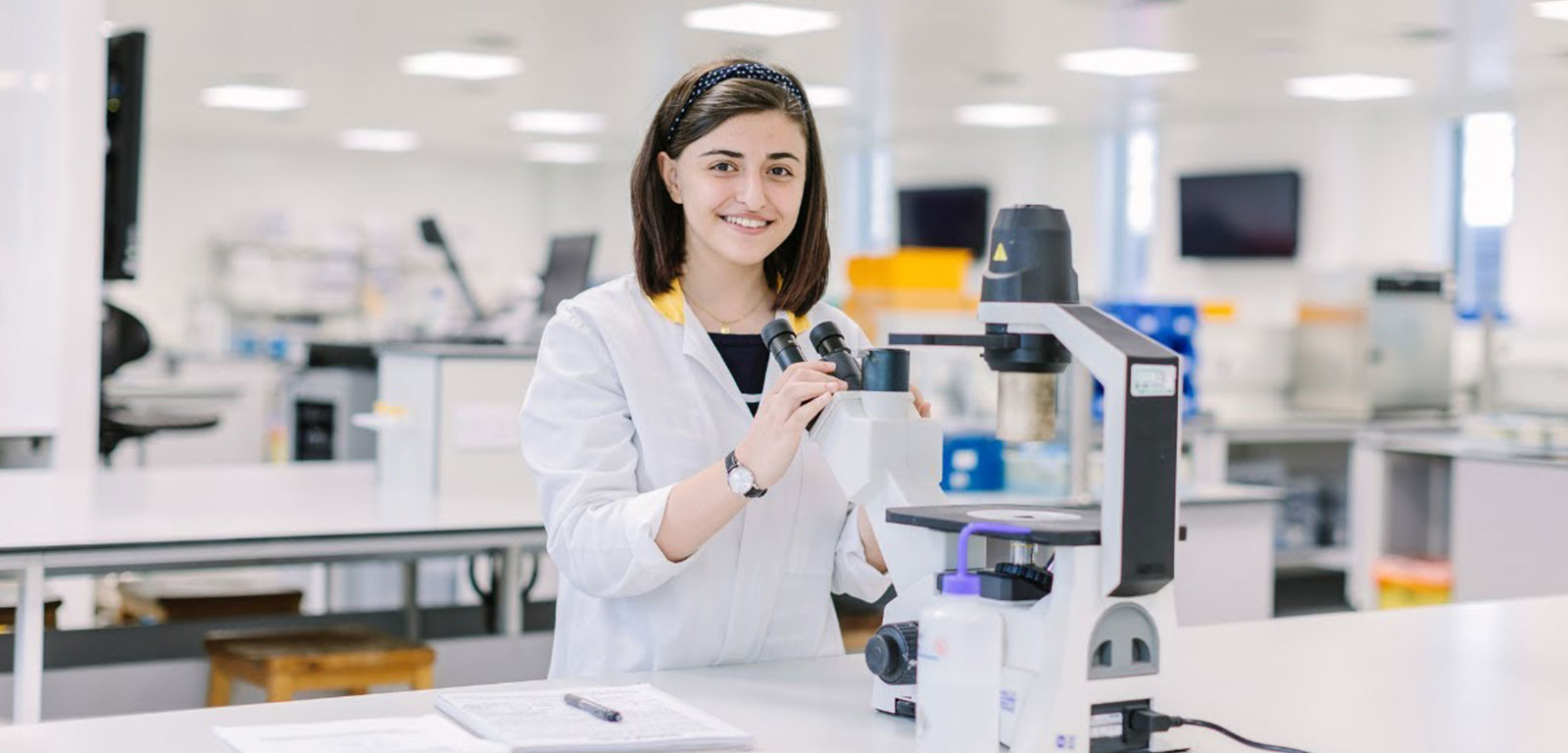

Prerequisites: English, English as an Additional Language, Literature or English & Literature Extension (Units 3&4, C)
English Requirements
English language requirements apply to International applicants and other applicants whose previous study was undertaken in a language other than English. The minimum English language requirements for such applicants for entry to this program are as follows:
A minimum overall band score of 6.5 on IELTS (Academic) with no sub-score of less than 6.0
OR a minimum score of 575 on TOEFL
OR an internet-based (iBT) TOEFL score of 79 (no sub-score less than 19)
OR no score less than 3+ in each skill of the ISLPR (conducted by ISLPR Language Services only)
OR a minimum overall score of 176 (no score less than 169) on C1 Advanced (formerly Cambridge Certificate in Advanced English) or C2 Proficiency (formerly Cambridge Certificate of Proficiency in English)
OR an overall score of 58 in the Pearson Test of English (Academic) with no score less than 50.
English test results must be no more than two years old.
Biomedical science helps society through applying new scientific knowledge to medicine and healthcare. In this degree, you will gain an understanding of health and the methods for diagnosing and treating disease.
You will receive excellent training for entry into the Doctor of Medicine (5099) as well as a sound foundation for a career in biomedical research. You will develop knowledge and skills in the biological sciences and clinical sciences and understand how they can be applied to medicine, biomedical research and healthcare services. This program also provides opportunities for you to articulate into Masters degrees in health professions.
In your first year, you will be introduced to the basic sciences underpinning biomedical science. In your second and third years, you will explore more advanced aspects of the biomedical and clinical sciences, including genetics, biochemistry, cell biology, anatomy, physiology, immunology, microbiology, infectious disease, pharmacology and neuroscience. You will learn through hands-on, laboratory-based training in the biomedical sciences.
Honours is available through an additional year of study.
* The Doctor of Medicine is an AQF Level 9 Masters Extended degree
CRICOS CODE:002535G
More Info: click here
Year 1
You must complete the following courses:
Course
Human Biology - 1001NSC
Biological Systems - 1041SCG
Chemistry 1A - 1021SCG
Language and Communication for Sciences - 5903LHS
Free-choice elective
Fundamentals of Biochemistry - 1014NSC
Chemistry 1B - 1022SCG
Genetics and Evolutionary Biology - 1042SCG
Statistics - 1014SCG
Year 2
You must complete the following courses:
Course
Free-choice elective
Human Anatomy - 2007NSC
Metabolism - 2003NSC
General Microbiology - 2008NSC
Biotechniques Laboratory - 2013NSC
Molecular Biology - 2012NSC
Human Physiology - 2002NSC
Listed elective
Year 3
You must complete the following courses:
Course
Listed electives
Neuroscience - 3003NSC
Biomedical Sciences Laboratory - 3009NSC
Biomedical Sciences Capstone - 3002NSC
Work Integrated Learning Special Topic - 3911ESC
Listed electives

You will be prepared for work in hospitals, health departments, medical research institutes, university and government research organisations, and in the pharmaceutical, diagnostic, biotechnology and other health-related industries.
As a graduate, you may also choose to pursue further study. You will be well placed to apply for our graduate entry medical degree, the Doctor of Medicine, or may choose to continue with postgraduate research or coursework study.

OSHC: 609 ($) AUD per year